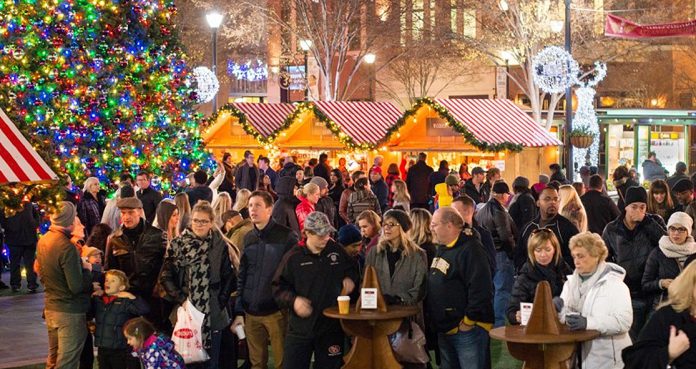Samoa authorities have closed schools and restricted travel weeks before the Christmas holidays as the ongoing measles outbreak has killed more than 50 people.
The World Health Organization (WHO) found that measles has been crossing the borders and a susceptible population in the small Pacific island nation has been affected. The health organization also found that the vaccine coverage in Samoa was only about 30 percent when measles affected the nation.
On Monday, Samoa public health officials said the ongoing measles outbreak has killed more than 53 in just over two weeks. The nation reported more than 3,700 measles cases.
General Secretary of the Congregation Christian Church in Samoa Reverend Vavatau Taufao told Reuters, “All our schools are closed, national exams have been postponed. We are still having church services but if it gets worse we will have to stop church altogether – and it’s almost Christmas.”
The Samoa government said out of 53, 48 deaths involved children.
Measles cases have been rising across the world, even in developed nations such as the United States and Germany, as more and more parents do not vaccinate their children on philosophical or religious backgrounds. Many parents fear that measles-mumps-rubella (vaccine) could cause autism.
In October, the WHO warned about a devastating comeback of measles epidemics because the number of confirmed cases increased by more than 300 percent in the first quarter of this year.
Vaccinologist from the University of Auckland Dr. Helen Petousis-Harris said that there were some communities where vaccination rates had slipped, allowing the infectious disease to take control.
“It’s about being a good global citizen really, in that we all have to do our bit,” said Dr. Petousis-Harris. “I don’t think that the response here has been a shining example. Because first of all we were aware of the possibility or the potential for this and that’s been the case for a long time.” Samoa health officials have been racing to administer vaccines to children after declaring a public health emergency on November 20. The nation has vaccinated more than 58,150 people so far.























